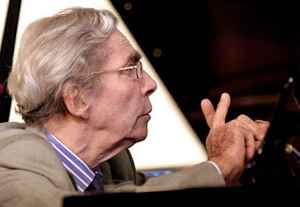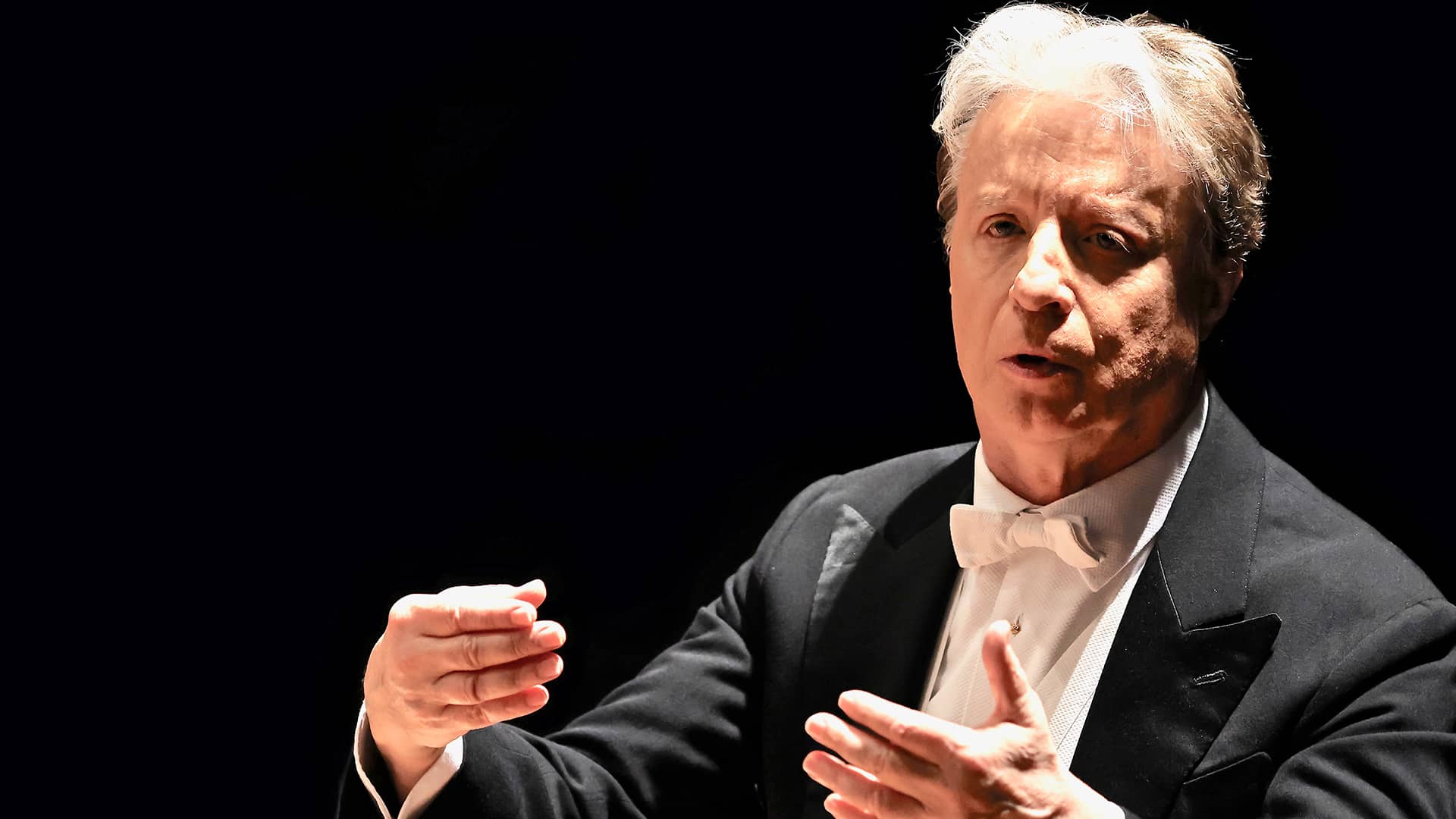Prime minister lays into arts chiefs
mainAt the memorial service for Geoffrey Tozer in Melbourne, former prime minister Paul Keating slammed past directors of the Sydney and Melbourne symphony orchestra for deliberate and malicious neglect of the country’s most gifted pianist. ‘This malevolence more or less broke Geoffrey’s heart,’ he said, adding that the saga was a prime instance of ‘bitchiness and preference within the arts in Australia.’
Keating has written an article to the same effect in the Sydney Morning Herald, while the Age of Melbourne carries a full text of the speech under the headline ‘Indifference to Tozer’s genius is a disgrace’ – perhaps to make amends for its own disgraceful silence over Tozer’s death.
I endorse and applaud every word of Keating’s eulogy. Australia failed its greatest pianist and little has been done to put the arts on a more professional footing that might prevent such waste and injustice in the future – witness only what is happening now in Melbourne’s chamber music hall. I have said it in Australia and I say it here again: the arts in that country need a Royal Commission – an independent assessment of assets and future strategy.
Meanwhile, let’s not lose sight of the precedent of an elected leader attacking orchestral administration for bias, ineptitude and flagrant favouritism. Can we hear it now from the Mayors of Philadelphia and New York? Berlin, too, should take note.
Good on yer, Paul.





Comments